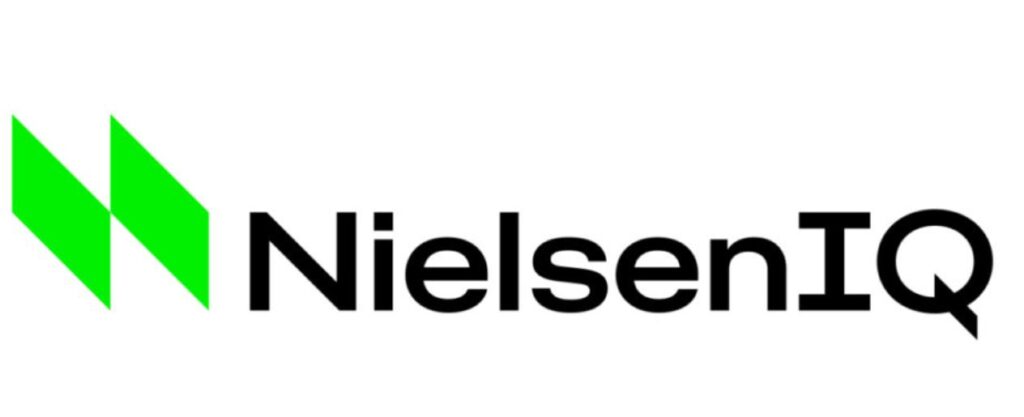Convenience store products such as vapes, carbonated soft drinks and sports and energy drinks top this year’s list of fastest growing grocery categories. Meanwhile, spirits, table wine and lager are among the fastest falling as Brits return to pubs, restaurants and other outdoor occasions
 Pandemic shopping behaviours no longer persist as the UK returned to normalcy in 2022. Convenience store staples such as Elf bar vapes, Coca Cola and Monster energy drinks are among some of the fastest growing products this year, reveals new data from NielsenIQ for The Grocer’s Top Products survey 2022.
Pandemic shopping behaviours no longer persist as the UK returned to normalcy in 2022. Convenience store staples such as Elf bar vapes, Coca Cola and Monster energy drinks are among some of the fastest growing products this year, reveals new data from NielsenIQ for The Grocer’s Top Products survey 2022.
NielsenIQ data shows that more opportunities to socialise with friends and family as well as a return to the office, have led UK shoppers to embrace shopping ‘little and often’. With shoppers purchasing more items on the go, convenience store favourites have topped the list this year. This included carbonated drinks (+£264m), sport and energy drinks (+£251m) and bagged snacks (+£229m). Coca Cola (+£90m), Monster energy drink (+£81m) and Red Bull (+£76.5m) are some of the fastest growing products this year.
With a shift away from at-home dining and socialising, NielsenIQ data shows that spirits (-£752.5m), table wine (-£615m) and lager (-£575m) were the fastest falling categories in 2022. This is a complete contrast to data last year in which these were among the fastest growing. With less time cooking from scratch at home, vegetables (-£456m) and fresh meat (-£347m) experienced a decline, with beef (-£134m), potatoes (-£91m) and bacon (-£75m) the fastest falling products in these categories.
In terms of other categories that experienced growth in sales, petcare experienced a boost, with an 11.7% uplift in value sales compared with 2021. Cosmetics, which was one of the fastest falling categories in 2021, also experienced a surge with value sales up by £119.3m.
According to NielsenIQ, vaping (+£435m) was the overall fastest growing category in 2022, with Elf Bars (+£318m) the fastest growing product. The colourful e-cigarette has also seen a meteoric rise in its category, ranking number one this year, up from 18th in 2021.
Fastest-growing grocery categories of 2022 (excluding Tobacco)
| Category | Actual growth (£ millions) in value sales | |
| 1 | Vaping | £434.1m |
| 2 | Carbonated soft drinks | £264.3m |
| 3 | Sport & energy drinks | £251.1m |
| 4 | Bagged snacks | £229.1m |
| 5 | Petcare | £222.2m |
| 6 | Cold & flu remedies | £218m |
| 7 | Bottled Water | £214m |
| 8 | Chilled ready meals | £157.6m |
| 9 | Milk | £124.2m |
| 10 | Cosmetics | £119.3m |
Fastest-falling grocery categories of 2022 (excluding Tobacco)
| Category | Actual decline (£ millions) in value sales | |
| 1 | Spirits | -£752.5m |
| 2 | Table Wine | -£615.4m |
| 3 | Lager | -£575.2m |
| 4 | Vegetables | -£456.2m |
| 5 | Fresh Meat | -£347.9m |
| 6 | Ale & Stout | -£166.0m |
| 7 | Cider & Perry | -£150.6m |
| 8 | Fresh fish | -£133.8m |
| 9 | Fruit | -£112.2m |
| 10 | Frozen Fish | -£82.6m |
Adam Leyland, Editor-in-Chief at The Grocer, said: “The Top Product in our Top Products Survey is Elf Bar, an impish e-cigarette that has captured the hearts, minds and lungs of the Zoomer generation. These colourful, little sticks, available in myriad sweet shop flavours, are selling faster than hot cakes, and have come from nowhere to completely dominate the vaping market – while hitting the cigarette trade and even roll your own tobacco. Elf Bar’s meteoric rise is a reminder of two things: the importance of the independent convenience channel as an engine of innovation; and the impact of brilliant marketing, especially when allied with the addictive qualities of nicotine.”
Rachel White, Managing Director UK & Ireland at NielsenIQ, said: “The UK this year returned to more normal patterns of behaviour, from being able to socialise with friends and family without restrictions, to venturing into the office more frequently. This has naturally led to a shift in the types of products in shoppers’ baskets to reflect consumers’ busier lifestyles, as well as a rise in demand for more convenience items, such as sports and energy drinks and bagged snacks. This may have also led to a decline in at-home cooking occasions, with many fresh items falling out of favour.”
White continues: “Another trend we have identified is the return of shopping ‘little and often’ where consumers shop more frequently, but with smaller baskets. This trend is likely to continue, especially with increasing concerns over the cost of living and shoppers looking to cut back spend. As we enter 2023, we anticipate that consumers will become more cautious in what they buy, both economically and sustainably to cut down food waste, such as a focus on buying less fresh groceries but more often, as well as value packs.”
All data is sourced from NielsenIQ ScanTrack and covers value sales




Comments are closed.